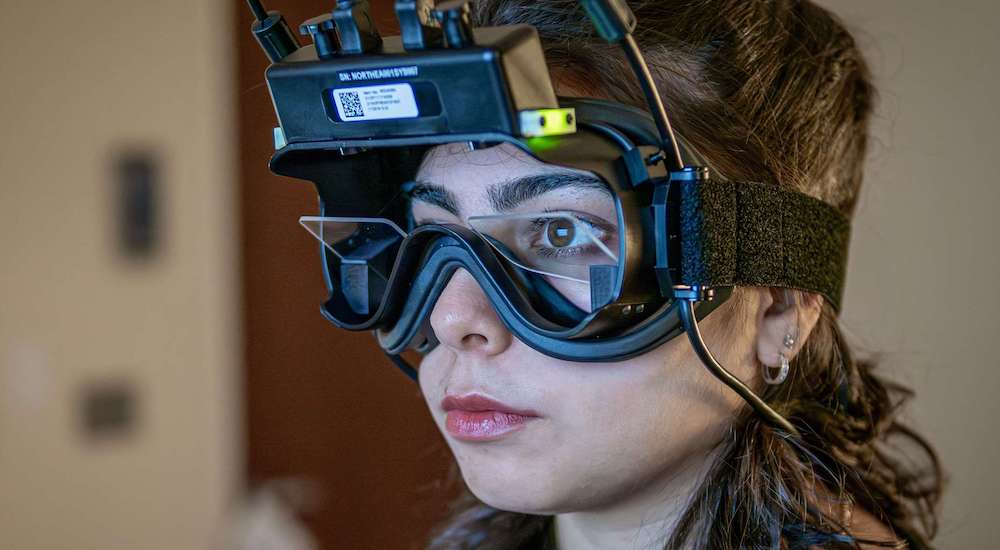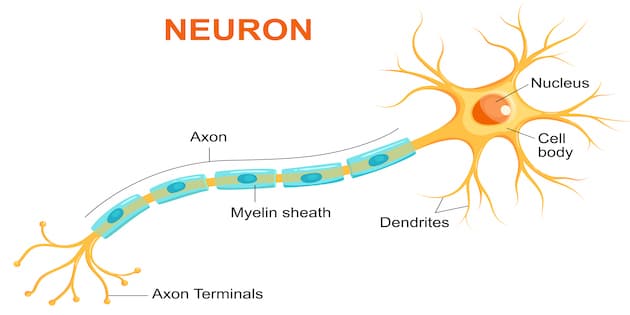New data on potential hearing loss from common recreational noise
Noise
A prospective study carried out by researchers at the University of Texas at Dallas, USA has found no evidence of auditory nerve injury or permanent hearing difficulties in young adults after they attended a loud event.

While hearing was found to be affected temporarily after exposure to recreational noise at a loud event, there was no evidence of auditory nerve injury or permanent hearing difficulties in the 32 participants (13 men, 19 women) with normal hearing. The study is the first to look for a causal relationship between recreational noise exposure and auditory function in humans.
Studies in rodents have suggested that loud noises can permanently damage nerve and hair cells in the ear. “The rodent studies serve as the basis for concern that adolescents and young adults may be at risk of neural injury from dance parties, listening to music on personal headphones, and other common activities,” explains Dr Colleen Le Prell, a Professor of Hearing Science at the University. “However, the level of noise exposure in these rodent studies was very high. Later studies with a lower noise exposure showed reduced or no neural injury.”
The team therefore decided to assess young adults before and after they attended a loud recreational event to obtain clear data in humans. Study participants attended different types of events: a concert, a multi-day music festival, a bar with live or electronic music, and a movie. They used a smartphone app to measure the sound level at the event.
“Despite multiple calls for alarm in the media and in the scientific literature, we found no evidence that typical recreational noise exposure is associated with permanent decreased auditory nerve function or poorer understanding of speech when there is background noise,” Dr Le Prell told EurekAlert.
Source: EurekAlert; Grinn SK et al. Hidden Hearing Loss? No Effect of Common Recreational Noise Exposure on Cochlear Nerve Response Amplitude in Humans. Frontiers in Neuroscience 2017 Sep 1;11:465.



